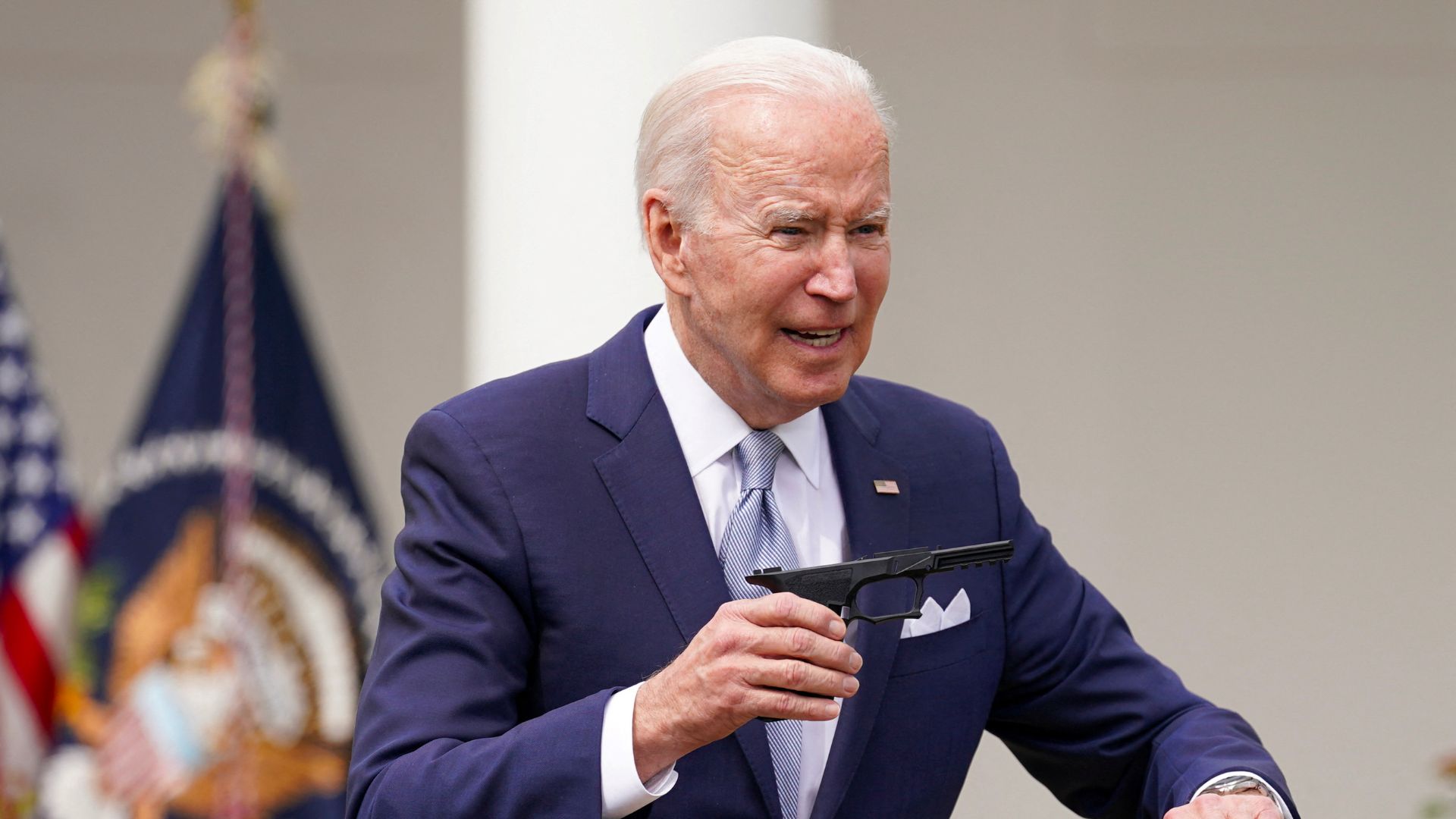U.S. President Joe Biden delivered a stark assessment of China’s economic state, labeling it a “ticking time bomb” due to its ongoing economic struggles.
Speaking at a political fundraiser in Utah, Biden expressed concerns about China’s economic challenges and their potential ramifications on the global stage.
Biden’s choice of words echoes his previous candid remarks made during a fundraiser in June, where he referred to Chinese President Xi Jinping as a “dictator.” China swiftly characterized those comments as provocative.
These recent statements come in the wake of U.S. Secretary of State Antony Blinken’s visit to China, a diplomatic effort aimed at stabilizing bilateral relations that have reached a historic low.
Tensions between the two nations have escalated to levels not seen since formal diplomatic ties were established in 1979.
Mixed signals
China’s economic indicators have been sending mixed signals, with its consumer sector experiencing deflation and factory-gate prices continuing their downward trajectory through July.
The nation’s economic trajectory raises concerns about the potential for prolonged sluggish growth, stagnant consumer prices, and subdued wage growth, setting it apart from the inflation trends observed in other parts of the world.
Contrastingly, the United States, boasting the world’s largest economy, has been contending with higher inflation levels while maintaining a robust labor market.
Addressing the situation, Biden remarked on Thursday, “China is in trouble.” Despite his candid remarks, he emphasized his intentions to foster a rational and constructive relationship with China, with no desire to inflict harm upon the country.
Just the day prior, President Biden signed an executive order imposing restrictions on new U.S. investments in China, particularly focusing on sensitive technologies such as computer chips.
China, which holds the second-largest global economy, responded by expressing grave concerns over the order and asserting its right to implement countermeasures.



 News3 days ago
News3 days ago


 News5 days ago
News5 days ago


 Leaders3 days ago
Leaders3 days ago


 News3 days ago
News3 days ago


 Shows3 days ago
Shows3 days ago


 Docos5 days ago
Docos5 days ago


 Leaders4 days ago
Leaders4 days ago


 Leaders4 days ago
Leaders4 days ago





